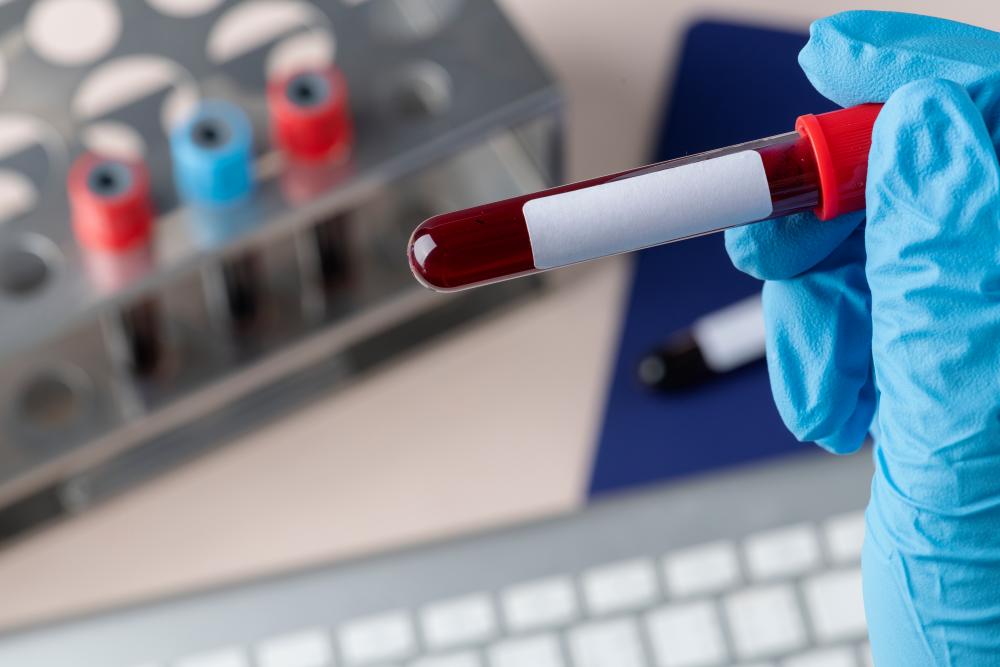LONDON: Using the Nobel Prize-winning Crispr gene-editing technique, scientists claim to have successfully eradicated HIV from infected cells.
Cutting DNA at the molecular level, it functions similarly to scissors, allowing “bad” sections to be eliminated or rendered inactive.
It is hoped that in the end, the body will be completely free of the virus, however much more research is required to ensure that this will be both safe and successful.
The HIV virus can be stopped but not completely eradicated by current medications.
The University of Amsterdam team emphasizes that their study is still only “proof of concept” and won’t lead to an HIV cure anytime soon when giving an overview, or abstract, of their preliminary findings at a medical conference this week.
Dr. James Dixon, an associate professor at the University of Nottingham who studies stem cells and gene therapy technologies, agrees, stating that further investigation is needed to fully understand the results.
“Much more work will be needed to demonstrate results in these cell assays can happen in an entire body for a future therapy,“ stated the researcher.
“There will be much more development needed before this could have impact on those with HIV.”
Dr. Jonathan Stoye, a virus specialist at the London-based Francis Crick Institute, described the process of eliminating HIV from every cell in the body that may potentially harbor it as “extremely challenging”.
“Off-target effects of the treatment, with possible long-term side effects, remain a concern,“ he stated.
“It therefore seems likely that many years will elapse before any such Crispr-based therapy becomes routine - even assuming that it can be shown to be effective.”
According to the BBC’s Digital Health Editor, HIV replicates by targeting and infecting immune system cells through their own mechanism.
Read More:









